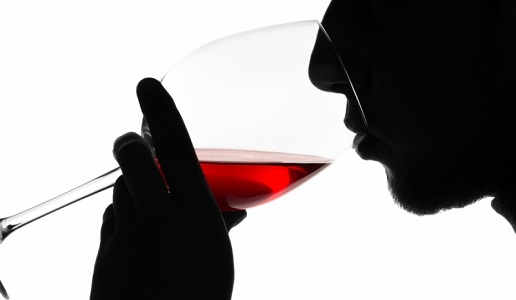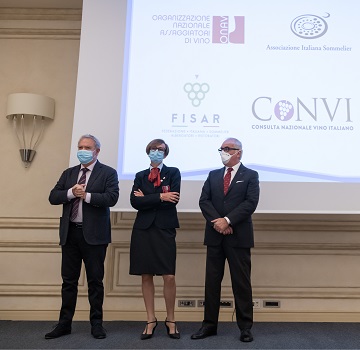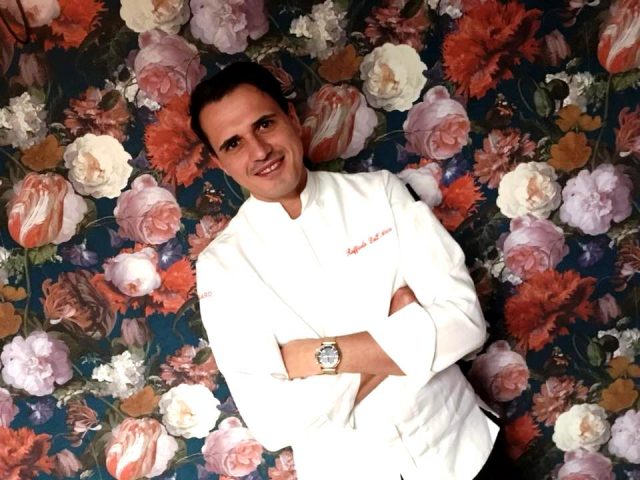A new direction for wine tasting courses

The pandemic changed many things, even in regard to wine tasting courses. The question now is what will remain.
It is not easy to find an analysis of the observation that everything will change, and many things are changing, due to the pandemic that we hope is finally ending. And few are explaining how they will and are changing. Those who have explained these changes included Onav Vice President Teresa Bordin, Fisar President Luigi Terzaga and Ais President Antonello Maietta during the Milan presentation of our Essential Guide 2022.
 For years I have been inviting the heads of Italy’s three leading wine appreciation associations to the event for a brief review on the state of their sector. This is because I have always been convinced by the role they play in expanding the culture of wine in Italy. Together they have some 600,000 members, perhaps even more, and organize wine courses throughout Italy that have been attended by millions of people over the past decades. All this, I repeat, has been of formidable importance for enhancing knowledge about wine in Italy.
For years I have been inviting the heads of Italy’s three leading wine appreciation associations to the event for a brief review on the state of their sector. This is because I have always been convinced by the role they play in expanding the culture of wine in Italy. Together they have some 600,000 members, perhaps even more, and organize wine courses throughout Italy that have been attended by millions of people over the past decades. All this, I repeat, has been of formidable importance for enhancing knowledge about wine in Italy.
It is clear that during the period we have just been through and are still dealing with, we've had to tackle many different problems and found ourselves faced with unexpected scenarios. Organizing in-person wine courses was impossible for a long time and for associations that have always based their activities on them this was an arduous challenge. Circumstances dictated that we all needed to learn how to use on-line platforms which hosted many initiatives for the wine sector. However, the problem of teaching tasting, the practical part of appreciation courses, at the beginning had to be almost set aside.
Then some estates came up with an idea for a very innovative approach, which in retrospect may seem obvious, which resolved many problems. They decided to package their wine in very small bottles, as many as 15 in place of a regular bottle, which they could send to each participant in organized appreciation courses that had an expert to guide the tasting. While this was not always possible to do, in many cases it was and I believe that it will remain a viable option even when the pandemic is over.
This format could even be used for courses with participants living abroad, also because such small quantities of wine would be exempt from customs duties. And there could also be “mixed” courses, in part in person and in part remote, and all wine associations are organizing themselves in this direction. It goes without saying that small bottles, filled using nitrogen and using twist caps, do not conserve the wine long and need to be produced on a case by case basis and at times (very few however) the wines will suffer for it. Nevertheless, there is no doubt that this could truly represent a new direction that could involve many more people.
Perhaps changes will be needed in teaching methods but we are dealing with a small revolution. Although it is true that many things are changing, I believe that in this case it is for the better.

 Italiano
Italiano








